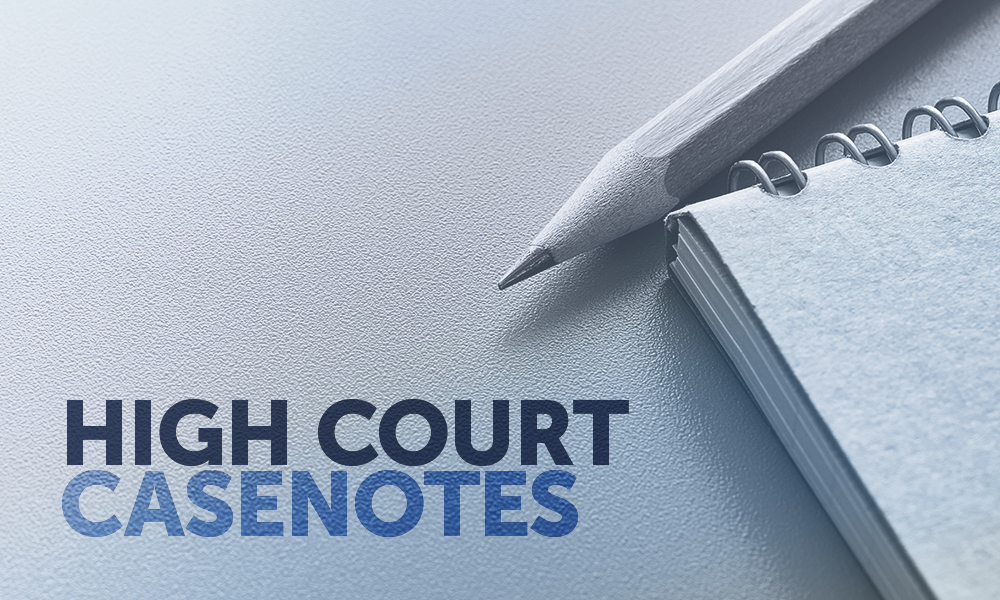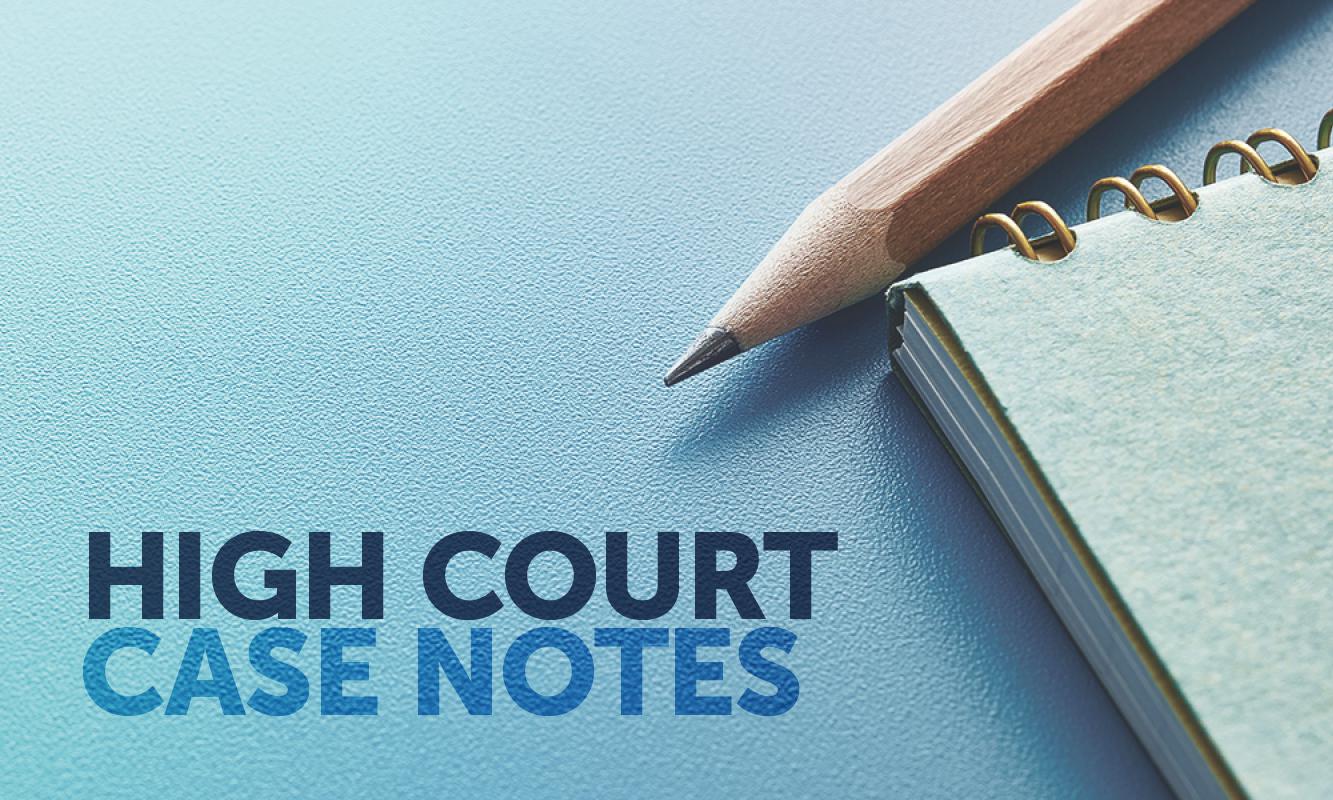In Allianz Australia Insurance Limited v Delor Vue Apartments CTS 39788 [2022] HCA 38 (14 December 2022), the High Court was required to consider whether an insurer was bound by its gratuitous representation that it would indemnify the insured.
The insured, and respondent (Delor Vue), was the body corporate for an apartment building complex located in north Queensland. In March 2017, Tropical Cyclone Debbie struck north Queensland, damaging the complex.
Only five days before the cyclone, Delor Vue had insured the complex with the applicant (Allianz) for public liability and property damage (policy). Prior to its entry into the insurance policy, Delor Vue knew, but did not disclose, that the complex had serious non-structural defects.
Immediately after the cyclone, Delor Vue notified a claim under the policy. Allianz arranged for an inspection of the complex and discovered the pre-existing defects. Some of those defects had to be repaired together with the cyclone damage.
Allianz subsequently sent an email to Delor Vue containing a gratuitous representation that it will grant indemnity, despite its power to reduce its liability, under s28(3) of the Insurance Contracts Act 1984 (Cth) (ICA) by reason of Delor Vue’s non-disclosure – although, the email is ambiguous as to the extent of the indemnity being offered.
Over the course of the following year, Allianz discovered further pre-existing defects. The parties then fell into a dispute. Allianz later defined the precise scope of its offer to indemnify Delor Vue and told Delor Vue that, if its proposal was not accepted, Allianz would rely on its rights under the ICA to pay nothing. Delor Vue rejected Allianz’s proposal and Allianz, accordingly, denied liability.
Delor Vue commenced proceedings in the Federal Court of Australia and, at trial, argued that Allianz was bound by its representation that it would grant indemnity, because Allianz:
- had made an election not to rely on its rights, or
- had waived its rights, or
- was estopped from relying on its rights, or
- had failed to act with utmost good faith.
The trial judge (Allsop CJ) held that Allianz was unable to rely on its rights for reasons of waiver, estoppel and the duty of utmost good faith. Allianz appealed.
A majority of the Full Federal Court (McKerracher and Colvin JJ, Derrington J in dissent) dismissed the appeal, finding all Delor Vue’s claims had been established.
Allianz appealed again, this time successfully. A majority of the High Court (Kiefel CJ, Edelman, Steward and Gleeson JJ, Gageler J dissenting) allowed the appeal.
The majority (at [4]) noted that there are limited circumstances in which a gratuitous waiver of rights becomes irrevocable. A waiver (absent exceptional circumstances) will be inoperable, or revocable, if given without consideration or in a deed: (majority at [29]).
The majority (at [40]) found that the waiver – if the representation was indeed a waiver given its ambiguity – was not given in a deed, or supported by consideration, or made in exceptional circumstances. As for election, the majority observed (at [38] and [51]) that this required an election by Allianz between alternative and inconsistent rights, and the majority found (at [56]) that Allianz had not made any such election.
The majority also considered that Allianz was not estopped from resiling from its representation. Estoppel required Delor Vue to estabish that it had suffered detriment as a consequence of Allianz’s conduct: (majority at [79]). The majority found (at [90]) that it could not.
Finally, the majority considered Allianz’s duty to act with utmost good faith under s13(1) of the ICA. The majority observed (at [92]) that the duty is “not a free-standing or independent general duty to act in good faith”. Instead, the majority noted that the duty has two aspects.
First, it is the basis of the contract and assists in the recognition of implied duties. Second, it is an implied condition on existing rights and duties and governs the way in which the parties act towards each other.
The majority found (at [105]) that there was no basis to find that Allianz breached its duty of utmost good faith by imposing conditions on its representation that it would not rely on its rights.
Gageler J, in dissent, considered that Allianz should be prevented from relying on its rights on account of waiver (at [159]) and estoppel (at [168]). Gageler also considered that Allianz had failed to discharge its duty to act in good faith.
Gageler observed (at [178]) that Allianz’s duty entailed that Allianz was “bound to adhere to the position it had announced” and did not entitle Allianz to “go back on its word … to blow hot and cold”.
Dr Michelle Sharpe is a Victorian barrister practising in general commercial, real property, disciplinary and regulatory law, 03 9225 8722, email msharpe@vicbar.com.au. The full version of these judgments can be found at austlii.edu.au.














Share this article